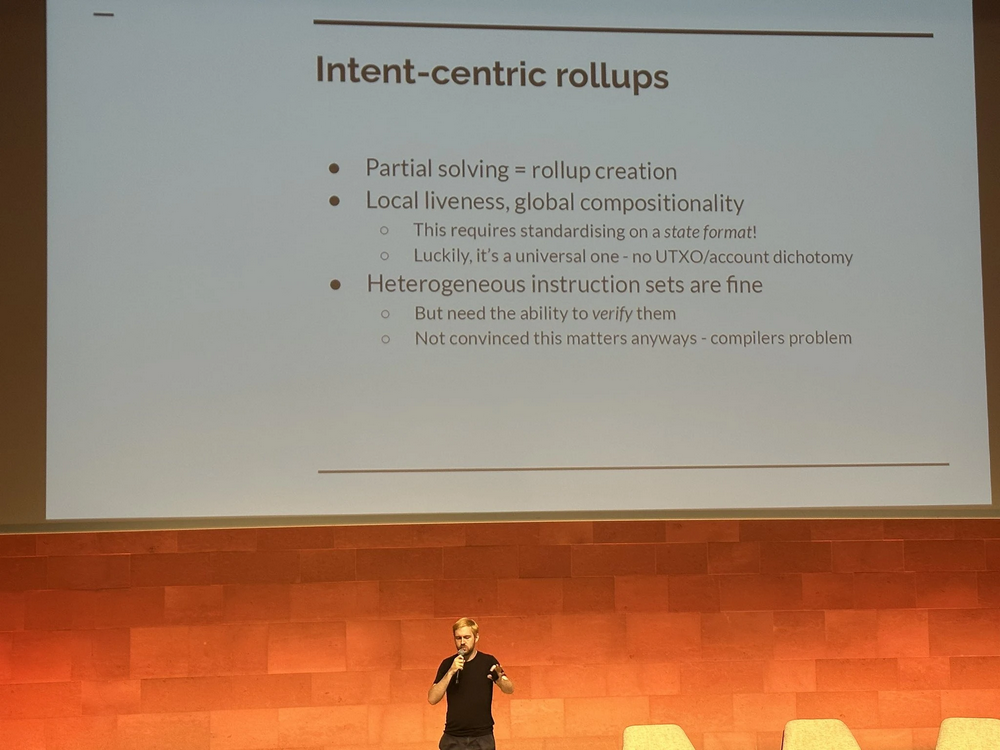From the Internet deposit, look at the blockchain solution
Internet deposit status
The deposit refers to the agreement between the parties, the debtor or the third party pays the creditor a certain amount as the guarantee for the performance of the debt . When the debt is performed, the deposit is refunded or deducted; when the debt is not fulfilled , the creditor must make the payment. Priority is paid.
In the Internet era, deposits are often used for user mortgages as a service to prevent users from making malicious acts, but the user's deposit is often collected by the service provider, which does not guarantee the user's funds are controllable, most of the time. These deposits will be used by the service company. If the company works well, the user can still take out the deposit normally. The company can also fill the gap through the operation of funds, but once the company is in crisis, the ordinary users are often injured. The OFO deposit refund event is a typical case.
The deposit in the Internet era, the user's deposit is submitted to the service provider, and generally directly into the service provider's account, in the company's economic crisis, the user's run on the bank account can not return, or even the company's malicious inconvenience The user retrieves the deposit, and the user as a weak party can only expect the deposit to be sighed.
From the service provider side, the deposit of a large number of users is a very attractive piece of cake, which can be used to do a lot of things, most of which will be used as an investment to generate interest, but in fact users do not enjoy this The benefits, and the deposit is still the user's assets, is temporarily stored on the side of the service side, any gains or problems arising from your misappropriation of assets should be controlled by the user.
- In the face of the flood season, eight industries screamed for a short period of time to reveal the market prospects
- Exclusive 丨 Alipay launched the world's first flying blockchain phone on April Fool's Day!
- The public chain everiToken brings together four major projects to explore the blockchain investment and development
If a third-party hosting plan, then a trusted third party is needed, otherwise asset diversion will still occur.
Blockchain advantage
Blockchain can provide a way to trust, the deposit is in need of such a way to trust, rather than hosting to the service provider or third party, or the blockchain as a third party, the user needs trust mathematics The deposit itself needs to be controlled by the user, so the way to use the smart contract is determined by the user to host or call the service provider.
Fully locked blockchain deposit contract
We can design a lock contract, only the user will cancel the contract funds to return to the user, the service party can not obtain the assets mortgaged by the user, the service party will check the user-initiated lock contract, if there is a deposit in the lock contract The service is provided. If there is no deposit, the user's authority is cancelled. This not only satisfies the scenario where the service party needs a certain mortgage, but also the user can decide when to obtain the deposit.
The disadvantages of this program are:
1. If the user's constraints are insufficient, the user can return the deposit after malicious use, and the service party cannot obtain the compensation for the corresponding deposit;
2. The locked deposit does not have any liquidity and can only be locked in the smart contract before the user withdraws the deposit.
Third-party notarized blockchain deposit contract
An intermediary is required, and the user enters the deposit into a smart contract that can be controlled by the intermediary's private key. Because the smart contract only specifies the address of the user and the service fee, the intermediary itself cannot take the smart contract. The deposit, but it can decide whether to return the deposit to the user or to the servant. In fact, the agent has completed an arbitration capability, which guarantees the interests of the user and guarantees the benefits of the service fee.
The shortcoming of this scheme is the same as that of the non-blockchain scheme. The service party or the user can collude with the intermediary, so that it cannot be credible and damage the interests of the other party.
The role of the deposit
Many service providers charge a deposit. In addition to saying that in order to ensure that the user does not maliciously use or damage my assets, I actually use this funds to do capital operation to increase the source of income. It is also a condition for financing. This is basically a secret. The secret. If the service provider is not bad, there is no need to charge any deposit at all, so the above two schemes actually guarantee the interests of the users without considering the enterprise. When we consider users, we also need to consider the enterprise so that we can actually operate.
Pass-Through Blockchain Deposit Solution
The service provider's enterprise obtains the user's deposit by issuing a deposit token, and guarantees that the user will not arbitrage in a short period of time through the lock of the token. At the same time, through a series of mechanisms such as token dividend, token recovery, etc., the service party can also be more reasonable. Take the money to carry out some capital operations, so that you can get a win-win situation.
Considering that the token issued by a single enterprise is still affected by the profit and loss of the enterprise itself, if the loss of the enterprise is closed, the user still can't get any rights. There is no difference between the token and the token, so the deposit token should be a more general token. Even if a company goes bankrupt, it will not affect the rights of the user who holds the token, because the user can use the token to exchange or profit elsewhere.
User interface
The technical implementation of the blockchain deposit system itself is not difficult. At the bottom, you can call the contract to lock the user deposit or unlock the user deposit. Considering its ease of use and experience, it can be directly integrated into the app, and non-block. The chain's deposit function is basically the same model, avoiding the user's usage threshold.
Restricted condition
The restricted condition of the blockchain deposit itself is the use of the currency of the crowd. The blockchain itself is still in a state of small awareness. The holders of the currency are also rare in the entire population, so the user is allowed to make a deposit for the token. The contract itself has a high threshold. If there is a legal risk in directly integrating the currency and token exchange channels, if you want to get the license, there is no need to make a deposit. Therefore, the blockchain deposit system itself has to be used in conjunction with the further promotion of the blockchain and the extensive deployment of blockchain applications.
Some immature ideas are welcome to discuss corrections.
(Author: reed zlf thought)
We will continue to update Blocking; if you have any questions or suggestions, please contact us!
Was this article helpful?
93 out of 132 found this helpful
Related articles






